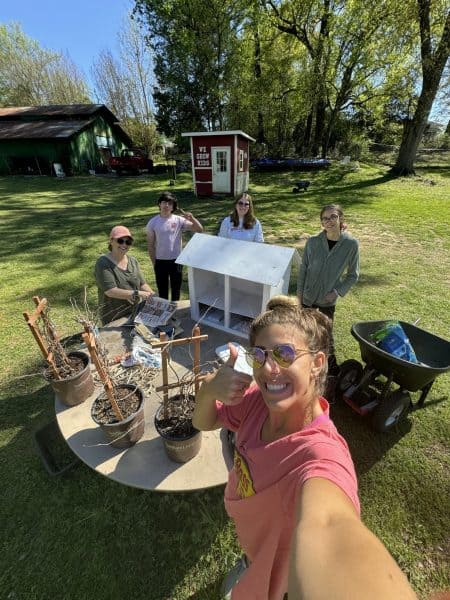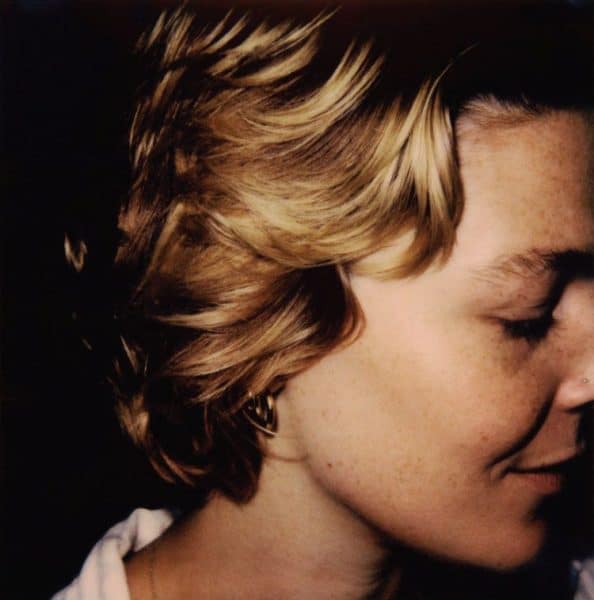Culture Pick: Reality TV gauntlet “Big Brother” is a television gem, but isn’t exempt from ignorant pitfalls
August 31, 2022
With the drama of “Love Island,” the gritty, high stakes of “Survivor” and the social manipulation required to thrive on “The Circle,” CBS’ “Big Brother” combines the most vital aspects of reality television into one singular, summer-long gauntlet that is livestreamed 24/7.
With 504 cumulative seasons spanning over 62 countries and regions as of August 2021, “Big Brother” has been captivating audiences around the globe since its first run in the Netherlands in 1999.
The concept is relatively straightforward — roughly 12 to 15 players living as roommates in a swanky, poolside mansion in Los Angeles must use brains, brawn and charisma to avoid being “evicted” from the house.
Unlike most reality TV shows, “Big Brother” livestreams the house 24/7, whether the houseguests are fighting, eating or sleeping. With no writing utensils, phones or any sort of connection to the outside world for up to 80 days at a time.
The show follows a similar set-up to “Survivor,” in which the winner at the end is not determined by the public, but the losing players who make up the jury — thus, being rude and demolishing your competition quickly becomes a game of saving face.
Some players even use their professional experience or street smarts in the outside world to help themselves in the game.
Xavier Prather, winner of “Big Brother 23” and the first Black winner in the history of “Big Brother U.S.” made it to the end by intentionally losing competitions to avoid being seen as an overly strong competitor. He masqueraded as a bartender to keep suspicions away from his brainpower, when in truth, he is a successful lawyer in the outside world.
However, like most reality TV shows, “Big Brother” is not exempt from the critiques of tokenistic, heteronormative, and rather problematic casting and editing.
“Big Brother 24” was met with controversy before the first episode even aired in July, when the live feeds revealed microaggressions and cliquey behavior towards Taylor Hale, the current Miss Michigan USA outside the house.
The live feeds, which are not edited or cut unless there is a production emergency, showed Hale being locked out of rooms, gaslit and bullied by other people in the house.
Fellow houseguest Daniel Durston, who made several aggressive comments to and about Hale, said she “did not deserve to live normal,” and said he knew he didn’t like her “the minute he saw her.” Durston also instructed Hale “not to speak to him until finale night” after choosing to yell at her in front of several houseguests.
Another houseguest, Paloma Aguilar, took to social media claiming she was “bullied” by Hale into self-evicting herself from the game for “personal reasons.” The post has since been deleted.
A clip on Twitter shows Aguilar and Alyssa Snider, another houseguest, referring to Hale as “pageant girl” hours after the game first started on night one, convinced that she would use her body to “seduce” the male players in the house.
Fans suspect that Aguilar chose to leave the game after producers clued her in on how she was being perceived by the public.
There was also the “Girl’s Girls” alliance, which included every woman in the house except Hale, who the group wanted to target during the first week of the game.
According to Us Weekly, several of the show participants even implied that Hale was “aggressive” and would “blow up” if she went on the block to be eliminated.
Prather took to social media relatively quickly to address the mistreatment of the people of color — specifically Hale — in the house.
“The treatment of Taylor in #BB24 is a prime example of why The Cookout was formed,” Prather said in a tweet, referring to the all-Black alliance that paved his way to victory last summer. “Members of the black community (especially black women) and other people of color stand no chance in the Big Brother house due to perpetuation of microaggressions and unconscious biases which plague our society.”
Furthermore, typecast edits quickly took to the forefront, painting Hale as a catty pageant girl while her bullies existed in much more favorable, heroic lighting.
Fans are accusing CBS of strategically editing the show to protect racist and problematic houseguests, most notably Kyle Capener, who suggested in an earlier live feed that the people of color in the house might have “a common goal to work towards” and would likely go after the white players in the house.
“That possibility of those six, with that background, I mean it looks very similar to The Cookout,” Capener said during the live feeds, referring to the previous season’s all-Black alliance that formed to ensure the U.S. installment of “Big Brother” would finally have its first Black winner.
Capener went on to name all the non-white houseguests and their racial backgrounds, implying that their reasons for being in the game “coincide,” and said he feared a “bigger alliance” was being formed against “the silent majority.”
The remaining houseguests have since banded together to address Capener’s actions, though many fans wonder if this “call to action” is an attempt to weaponize the racism against Hale to better position themselves in the game and with the public.
While the game, which has just passed the halfway point in real time, seems to have taken a turn in Hale’s favor, fans on the outside have rallied to show support.
On Aug. 29, Hale was officially crowned the ‘Favorite Reality Star’ at E! News’ annual Scoop Awards, winning in a landslide victory against reality star Kim Kardashian.
“Big Brother” has had a history of non-white houseguests — more specifically, Black women— being isolated, gaslit, excluded and attacked with personal remarks that went far beyond the game, none of which ever aired in the official triweekly episodes.
Tamar Braxton made history during “Celebrity Big Brother 2” by becoming the first Black person and the first Black woman to win any “BB U.S.” season yet was met with microaggressions during her time in the house as well.
According to Odyssey, Braxton was repeatedly told to “clean the house,” and that she should be evicted to take care of her son.
Da’Vonne Rogers, Bayleigh Dayton, Candice Stewart, Dominique Cooper and other Black houseguests had their games in the house destroyed due to aggressive, stereotypical edits of themselves on the show and hostile groupthink of other houseguests, most of which would form large alliances early on to pick off people of color within the first few weeks.
“Big Brother” has continued to dominate TV ratings for nearly two decades, but with the growing calls for accountability from problematic houseguests and producers, fans wonder if the failure to act on the hostility towards minorities will be the show’s downfall.











